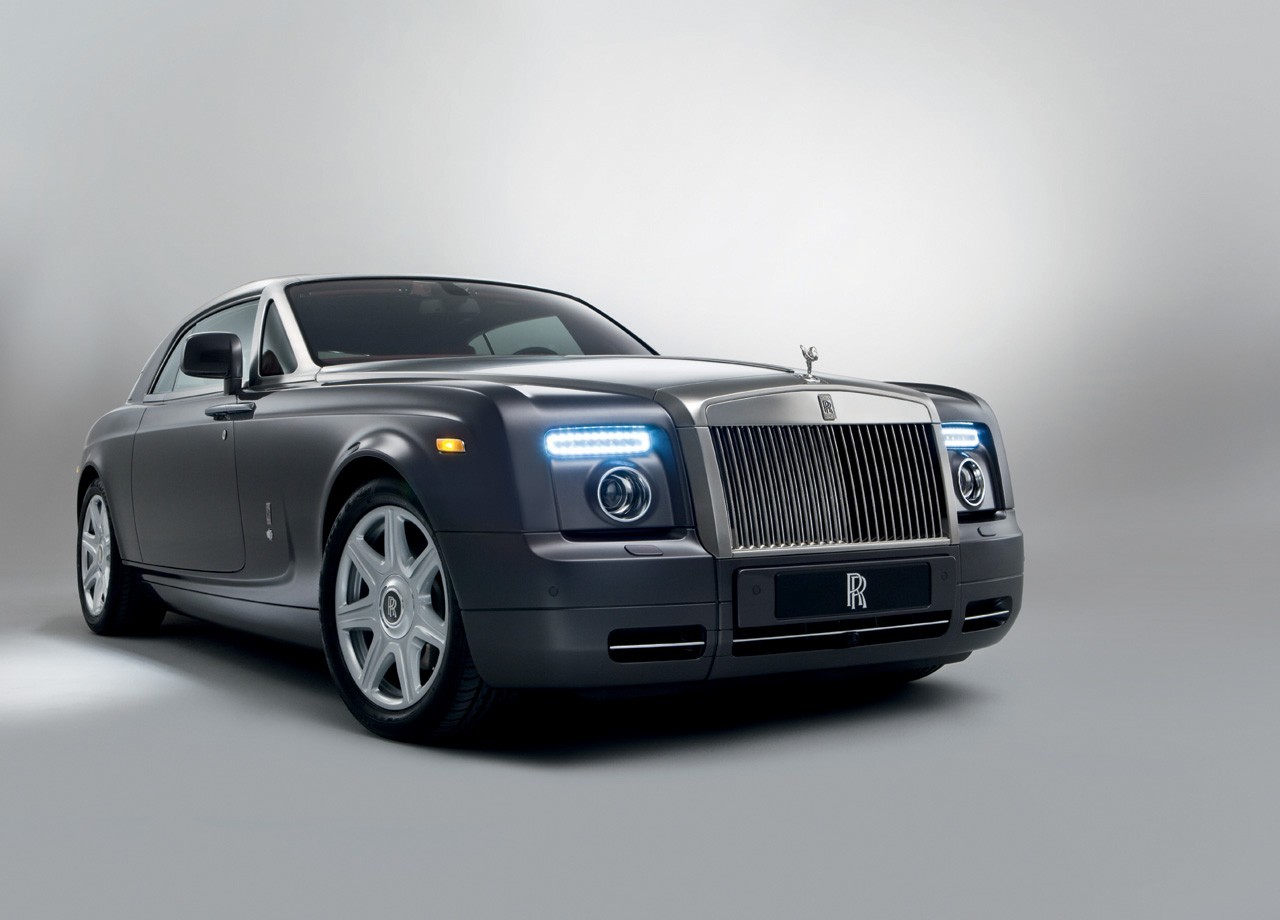The European Union’s Special Representative to the African Union, Mr Gary Quince has said annual investment worth $40 billion is needed to meet Africa’s energy needs by 2040.
“In terms of investment, African energy needs will require an annual investment of over 40 billion dollars per year to 2040, the majority being for expanded generating capacity but also with significant investment in regional transmission and integration in the power sector,’’ said Quince at the opening of the Second High-Level Ministerial Meeting of the Africa-EU Energy Partnership in Addis Ababa.
The meeting which is holding in the Ethiopian capital from February 11-13, with the theme ‘Taking the Next Step: Africa and the EU are tackling energy challenges together’ came sequel to the first meeting in 2010 where ambitious targets were set in the areas of energy access, energy security, renewable energy and energy efficiency to be reached by the year 2020. A review of the progress made so far was done.
Premised on a report by US organisation Population Reference Bureau that Africa’s population will increase to at least 2.4 billion in 2050, Quince said the African energy demand will definitely rise and Africa needs to rise to the occasion.
“To keep the pace with this demand, generation capacity must increase to almost 700GW by 2040, six-fold increase compared to the current 125GW,” said Quince.
The continent’s recovery after the global economic meltdown, according to the EU representative was nothing short of magical, seeing Africa’s economic growth hit between four to five percent per annum. He believes Africa needs to build on that and ensure its growing energy deficit is addressed.
“While the continent’s energy needs are growing substantially, the available resources are more than sufficient to meet the continent’s demand.
He admitted Africa’s vulnerability to climate change, but said this can also be addressed if its vast untapped resources are harnessed.
“Africa is an ideal place to develop innovative technologies and renewable energy solutions,” he said.
Quince said Africa was making progress, as seen in the First Status Report of the Africa-EU Energy Partnership, where for instance, it was reported that the capacity of solar energy has seen rapid growth since 2010, and is projected to exceed original target – additional 500 MW by the year 2020.
The EU representative expressed hope that 100 million Africans may have access to sustainable energy services by 2020, as projected by African and EU Energy ministers in 2010, at the rate at which electrification is going on in the continent.
Quince however said the continent needs “strong political commitment and deliberate engagement of stakeholders”, as this will encourage investment in Africa’s power sector.
If African leaders will work with the framework advised by AEEP, the continents energy poverty may soon become a thing of the past.
The meeting continues on Thursday with keynote addresses and panel discussions with energy ministers and heads of key stakeholder institutions.



